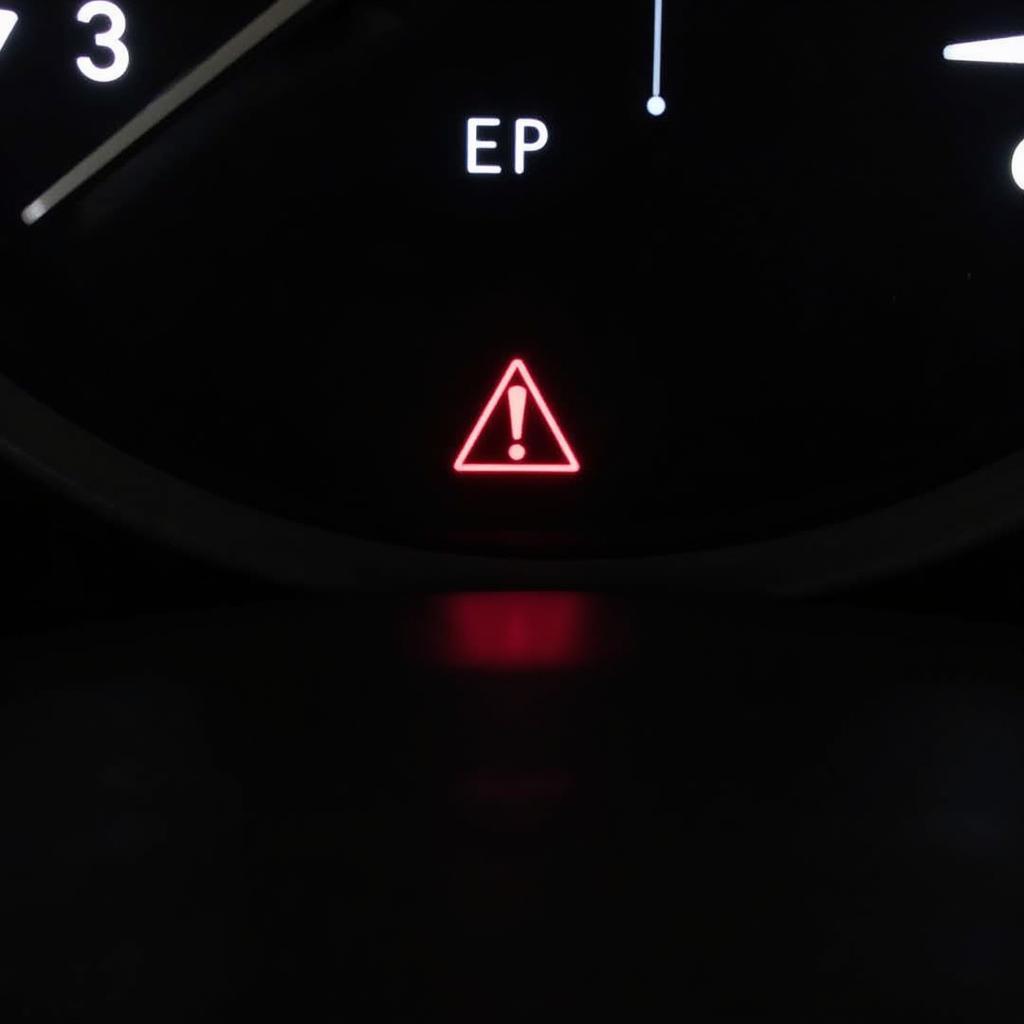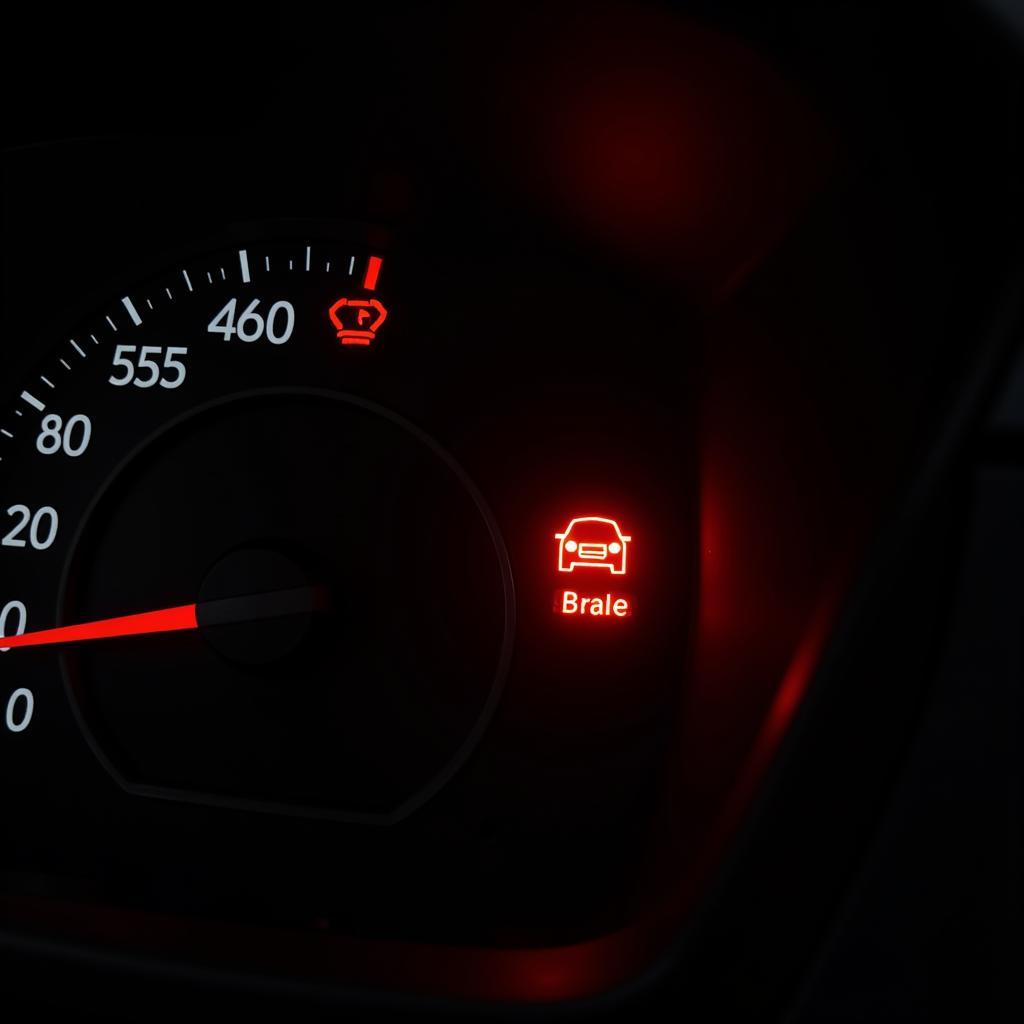Owning a car offers a sense of freedom and convenience. However, the unfortunate reality is that vehicle theft is a common concern for many car owners. Thankfully, modern vehicles often come equipped with anti-theft systems designed to deter thieves and protect your prized possession. But what exactly is anti-theft in cars, and how does it work?
Understanding Car Anti-Theft Systems
In essence, an anti-theft system is a security measure installed in a vehicle to prevent theft. These systems can vary in complexity, ranging from basic mechanical devices to sophisticated electronic systems. They act as a deterrent, making it significantly more difficult for unauthorized individuals to start or steal your car.
Do all cars have anti-theft systems? To learn more about the presence of anti-theft systems in various car models, you can check out our detailed article on Do All Cars Have Anti-Theft System?.
Common Types of Anti-Theft Systems
Over the years, car manufacturers have introduced a variety of anti-theft systems. Let’s explore some of the most prevalent ones:
1. Immobilizers: The Silent Guardians
Immobilizers are a cornerstone of modern car security. These electronic systems disable the engine from starting unless the correct key is present. The key contains a small transponder chip that communicates with the car’s immobilizer system. When you insert your key and turn the ignition, the system verifies the key’s authenticity. If the key is not recognized, the engine remains immobilized, preventing theft.
2. Car Alarms: Your Audible Defense
Car alarms are the more vocal counterparts in the fight against vehicle theft. They work by sounding a loud siren or horn when they detect a potential threat. Most car alarms are sensor-based, triggering when they sense unauthorized entry, impacts, or movements. While they might not always prevent theft entirely, their loud and attention-grabbing nature often scares off would-be thieves.
3. GPS Tracking Systems: Your Eyes in the Sky
GPS tracking systems have become increasingly popular in recent years. These systems utilize Global Positioning System (GPS) technology to track your vehicle’s location in real-time. If your car is stolen, you can provide law enforcement with its precise location, aiding in recovery. Some advanced GPS tracking systems even allow you to remotely disable the engine or unlock the doors.
4. Remote Keyless Entry: Convenience and Security
Remote keyless entry systems allow you to lock and unlock your car remotely using a key fob. They offer convenience but also enhance security. When you lock your car using the remote, the system typically arms itself, activating the immobilizer and other security features.
How to Tell if Your Car Has an Anti-Theft System
Most modern cars come equipped with some form of anti-theft system. However, the specific features can vary depending on the make, model, and year of your car. Here are a few ways to determine if your car has an anti-theft system:
-
Check Your Owner’s Manual: Your owner’s manual is the best source of information about your car’s features, including its anti-theft system.
-
Look for Visual Indicators: Many cars with anti-theft systems have visual indicators, such as flashing LEDs on the dashboard or a sticker on the windows.
-
Listen for Audible Cues: When you lock or unlock your car, listen for audible beeps or chirps, which often indicate that the anti-theft system is arming or disarming.
Troubleshooting Anti-Theft System Issues
While anti-theft systems are designed to protect your vehicle, they can sometimes malfunction, leading to issues like false alarms or starting problems. To learn about common anti-theft system problems and how often they occur, you can read our article on How Often Is Anti-Theft Device on Cars Falsely Activated?.
If you’re experiencing problems with your car’s anti-theft system, consider the following steps:
-
Check Your Key Fob Battery: A weak key fob battery can disrupt the communication between the key and the immobilizer. Replacing the battery is often a simple fix.
-
Inspect the Key: Examine your car key for any signs of damage or wear. A damaged key may not communicate properly with the immobilizer.
-
Consult a Professional: If basic troubleshooting doesn’t resolve the issue, it’s best to consult a qualified automotive locksmith or mechanic specializing in anti-theft systems. They have the expertise and tools to diagnose and repair complex issues.
For a comprehensive understanding of how anti-theft systems work in cars, you can delve deeper by reading our article on How Anti-Theft System Works in Cars.
FAQs about Car Anti-Theft Systems
Here are answers to some frequently asked questions:
Q: Can I install an aftermarket anti-theft system on my car?
A: Yes, many aftermarket anti-theft systems are available, offering additional layers of protection.
Q: Can an anti-theft system drain my car battery?
A: While rare, a malfunctioning anti-theft system can potentially drain your battery.
Q: How effective are car alarms in deterring theft?
A: Car alarms can be effective deterrents, but their effectiveness has been debated, with some arguing that they often result in false alarms.
Cardiagtech: Your Partner in Automotive Diagnostics and Repair
At Cardiagtech, we understand the importance of keeping your vehicle secure. Our team of expert technicians is well-versed in the intricacies of automotive anti-theft systems. Whether you’re experiencing issues with your existing system or looking to upgrade to a more robust solution, we’re here to assist you.
If you have any concerns about your car’s anti-theft system or require expert assistance, don’t hesitate to contact Cardiagtech today. We offer a wide range of automotive diagnostic and repair services to keep your car running smoothly and securely.



